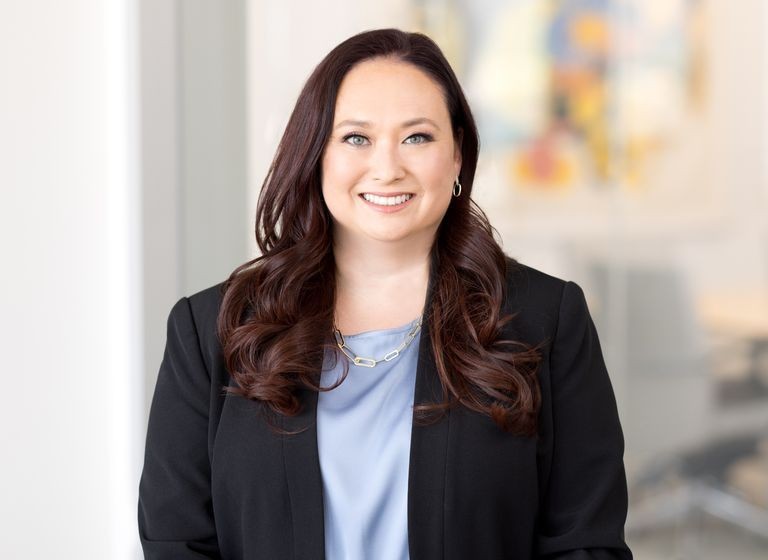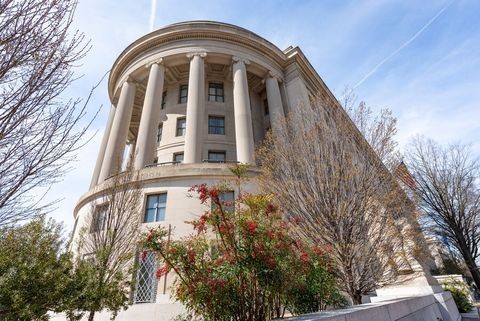Molly A. Jones
Overview
Clients turn to Molly A. Jones as a strategic advisor and critical thinker to help optimize their business goals. As part of Crowell’s Litigation and Intellectual Property practices, Molly focuses on helping companies protect their technology assets, drawing on her deep litigation experience that encompasses the full range of intellectual property law, including patents, trade secrets, trademarks, and copyright issues.
Career & Education
- Duke University, B.A., With Distinction, biology, 2008
- University of California, Hastings College of the Law, J.D., cum Laude, 2014
- California
- U.S. District Court for the Northern District of California
- U.S. District Court for the Southern District of California
- U.S. District Court for the Central District of California
- U.S. District Court for the Eastern District of California
- U.S. District Court for the Eastern District of Texas
- U.S. Court of Appeals for the Ninth Circuit
Molly's Insights
Client Alert | 9 min read | 04.24.24
FTC Issues Final Rule Banning Most Non-Compete Agreements
On April 23, 2024, the Federal Trade Commission (“FTC” or “the Agency”) voted 3-2 along partisan lines in a special public meeting to adopt the “Non-Compete Clause Rule” (the “Final Rule”), which will prohibit most employee non-competes with retroactive effect, except existing non-compete provisions of “senior executives.” The Final Rule will also ban future non-compete agreements, including for senior executives, with limited exceptions. The rule will not become effective until 120 days after publication in the Federal Register, and covered employers will be required to comply with the Final Rule by that effective date, which could come as early as August this year. By the FTC’s own estimate, this ban could affect up to one-in-five American workers.
Client Alert | 3 min read | 04.02.24
Firm News | 3 min read | 02.08.24
ScentAir Wins Delaware Jury Verdict Against Prolitec Patent Claims
Press Coverage | 02.02.24
Representative Matters
- Representing the University of California in obtaining a $50 million settlement and public apology from the University of Southern California and one of its faculty members over USC’s 2015 raid on an Alzheimer’s Disease research program at UC San Diego, a result reported on the front page of the Los Angeles Times as a "jaw-dropping conclusion" to "unprecedented litigation" concerning the protection of academic research.
- Confidential Failed ERP Installation Arbitration (San Francisco JAMS ADR, 2019). Represented an international provider of online educational services in a confidential arbitration against multinational software corporation in a recovery action related to a failed Enterprise Resource Management (ERP) software installation. Matter resolved on eve of merits hearing.
- Software License Audit Defense. Represented several software licensees, in numerous industries, in contentious software audits and licensing disputes against global enterprise software providers.
Molly's Insights
Client Alert | 9 min read | 04.24.24
FTC Issues Final Rule Banning Most Non-Compete Agreements
On April 23, 2024, the Federal Trade Commission (“FTC” or “the Agency”) voted 3-2 along partisan lines in a special public meeting to adopt the “Non-Compete Clause Rule” (the “Final Rule”), which will prohibit most employee non-competes with retroactive effect, except existing non-compete provisions of “senior executives.” The Final Rule will also ban future non-compete agreements, including for senior executives, with limited exceptions. The rule will not become effective until 120 days after publication in the Federal Register, and covered employers will be required to comply with the Final Rule by that effective date, which could come as early as August this year. By the FTC’s own estimate, this ban could affect up to one-in-five American workers.
Client Alert | 3 min read | 04.02.24
Firm News | 3 min read | 02.08.24
ScentAir Wins Delaware Jury Verdict Against Prolitec Patent Claims
Press Coverage | 02.02.24
Molly's Insights
Client Alert | 9 min read | 04.24.24
FTC Issues Final Rule Banning Most Non-Compete Agreements
On April 23, 2024, the Federal Trade Commission (“FTC” or “the Agency”) voted 3-2 along partisan lines in a special public meeting to adopt the “Non-Compete Clause Rule” (the “Final Rule”), which will prohibit most employee non-competes with retroactive effect, except existing non-compete provisions of “senior executives.” The Final Rule will also ban future non-compete agreements, including for senior executives, with limited exceptions. The rule will not become effective until 120 days after publication in the Federal Register, and covered employers will be required to comply with the Final Rule by that effective date, which could come as early as August this year. By the FTC’s own estimate, this ban could affect up to one-in-five American workers.
Client Alert | 3 min read | 04.02.24
Firm News | 3 min read | 02.08.24
ScentAir Wins Delaware Jury Verdict Against Prolitec Patent Claims
Press Coverage | 02.02.24






